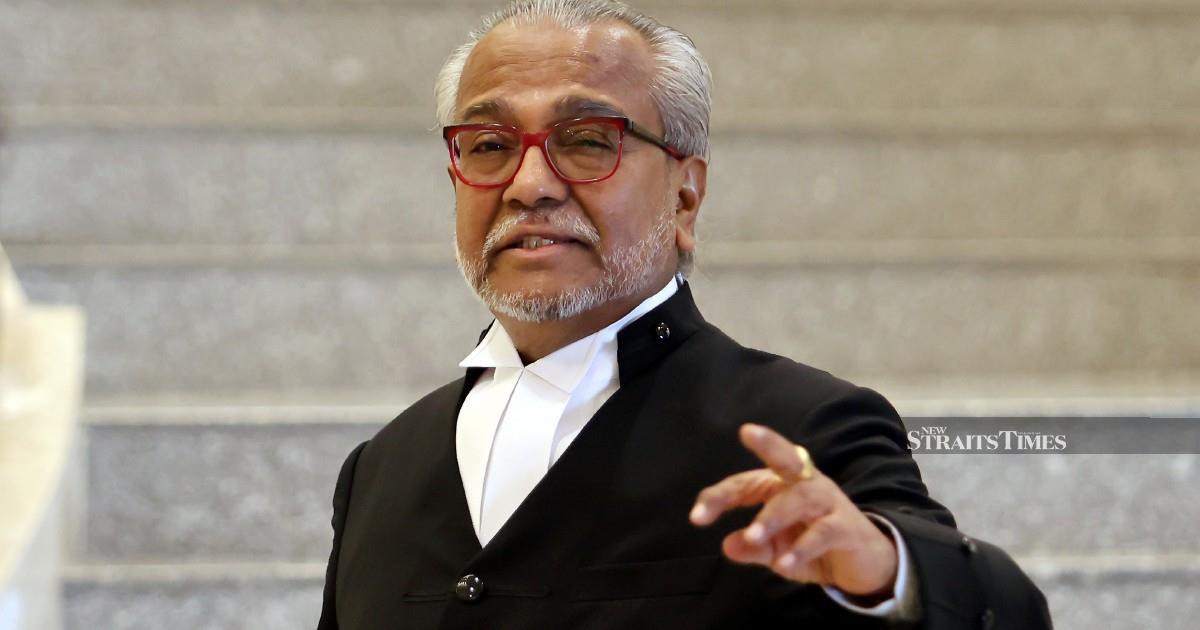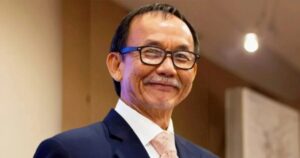PUTRAJAYA: Datuk Seri Najib Razak‘s defence team today criticised the prosecution for failing to bring fugitive businessman Low Taek Jho to court in the former prime minister’s 1Malaysia Development Bhd (1MDB) corruption trial.
His lawyer, Tan Sri Muhammad Shafee Abdullah, said this despite the prosecution repeatedly portraying Low as the central figure behind the alleged misappropriation of billions from the sovereign fund.
He said it was the prosecution’s duty to produce Low in court if they wished to prove their case against his client, but instead, they had built their arguments on unreliable and inadmissible testimony.
Shafee also questioned whether the authorities had done enough to locate and bring Low back to face justice, claiming the prosecution had been less than forthcoming about the fugitive’s actual status.
“Despite all the talk, Jho Low is still not here. It is the prosecution’s job to bring him before this court.
“What is the actual status of Low? Have they done enough to show this court where he is?”
Shafee made the submission while arguing why presiding judge Datuk Collin Lawrence Sequerah should acquit Najib in the trial involving 25 charges linked to the alleged misappropriation of RM2.3 billion in 1MDB funds.
He also revealed that Low’s name had been removed from Interpol’s red notice list and suggested that the court could easily verify his status through the organisation.
“Your Lordship can check for yourself through Interpol whether Jho Low is still on red notice. His name has been taken off the list.”
Shafee said the authorities had “missed the boat” in apprehending Low but continued to rely on his alleged statements and associations to implicate Najib in the case.
“Because they failed to catch Low, now they depend on others — even on witnesses like former 1MDB general counsel Jasmine Loo Ai Swan — to link him to the case, instead of the investigating officer doing so,” he said.
Shafee argued that such reliance on secondary witnesses and unverified claims further weakened the prosecution’s case, which he said was already built on “double hearsay” and unreliable testimony.
This, he said, was inadmissible under the Evidence Act.
He explained that double hearsay occurred when one witness testified about what another person said Najib had allegedly said.
“The problem with the prosecution’s case is that a large portion of the evidence is hearsay, and in some instances, double hearsay.
“For example, former 1MDB chief executive Datuk Shahrol Azral Ibrahim Halmi said in many instances that ‘this is what Low told me Najib said’.
“Low is not in court, and Najib never said it directly. That is double hearsay,” he said, adding that Section 32 of the Evidence Act does not sanction the use of double hearsay in any court as such testimony is unreliable and cannot be tested through cross-examination.
Shafee said once such inadmissible testimony was removed, there would be nothing left to sustain the prosecution’s case against Najib.
“This must be the first case in history where part of the prosecution’s case is built on double hearsay, even quoting someone who is not before the court,” he added.
Najib faces four charges of misappropriating RM2.3 billion in 1MDB funds and 21 charges of money laundering.
The trial continues.
© New Straits Times Press (M) Bhd






